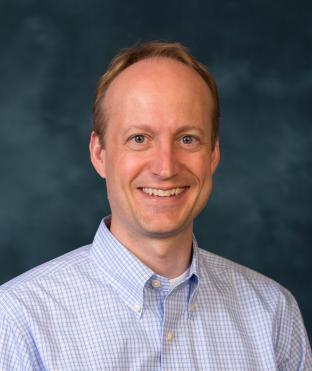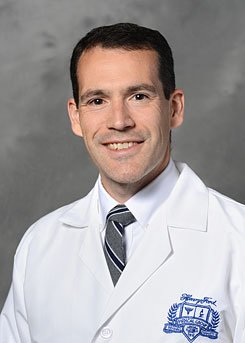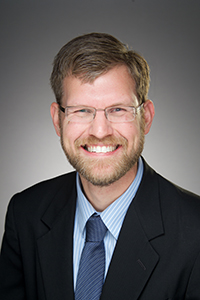AHRQ Funding for Academic Emergency Medicine
-
Brent Sandmeyer, MPH
-
Brendan G. Carr, MD, MS
-
Peter Pang, MD, MS
-

Craig Newgard, MD, MPH
Vice Chair of Research & Academic Affairs and Director of the Center for Policy and Research in Emergency Medicine
Oregon Health & Science University
Dr. Newgard is an emergency physician, physician-scientist, and Professor of Emergency Medicine at Oregon Health & Science University (OHSU) in Portland, Oregon. He serves as Vice Chair of Research & Academic Affairs and Director of the Center for Policy and Research in Emergency Medicine at OHSU. He has been continuously funded through federal research grants (NIH, AHRQ, CDC, and HRSA) for over 20 years, with a focus on improving systems of care for emergency services and trauma. He has served on multiple national committees, including the Steering Committee for the 2021 National Guideline for the Field Triage of Injured Patients through the American College of Surgeons Committee on Trauma. He currently has two federal grants (NICHD and HRSA) to study emergency department (ED) pediatric readiness and outcomes in children across the US and an NICHD grant to develop risk prediction tools for firearm violence in children. Dr. Newgard has been involved in multiple national scientific leadership positions, emergency care research networks, mentored over 60 interdisciplinary trainees, and has led two NIH K12 institutional training programs in emergency care research. He was elected to the National Academy of Medicine in 2019.
-

Keith Kocher, MD, MPH
Associate Professor of Emergency Medicine
University of Michigan
-

Joseph Miller, MD, MS
Clinical Associate Professor
Henry Ford Health / Michigan State University Health Sciences
Dr. Miller is a Clinical Associate Professor of Emergency Medicine at Henry Ford Health and Michigan State University Health Sciences. His research focuses on cardiovascular and neurological emergencies, and he has received funding from non-profit foundations, the NIH, AHRQ, and multiple industry sponsors. He completed a Master's in Statistics and Clinical Research Design and is a co-director for the SAEM Advanced Research Methodology Evaluation and Design (ARMED) course. -

Nicholas M. Mohr, MD, MS
University of Iowa Carver College of Medicine
Nicholas Mohr, MD, MS is a Professor of Emergency Medicine, Anesthesia Critical Care, and Epidemiology at the University of Iowa Carver College of Medicine. He is also the Vice Chair for Research in the Department of Emergency Medicine, the Director of the Emergency Medicine-Anesthesia Critical Care Fellowship Program, the Director of the Emergency Medicine Physician Scientist Training Pathway (PSTP) in the Emergency Medicine Residency Program, and the Director of the Rural Telehealth Research Center. Dr. Mohr completed residency in emergency medicine and was a Chief Resident at Indiana University, then he completed fellowship in critical care medicine at Washington University in St. Louis. Dr. Mohr has been active in SAEM, most recently serving as the Chair of the SAEM Grants Committee (2019-2022), the Chair of the Scientific Subcommittee (Abstracts) of the SAEM Program Committee (2019-2022), and the SAEM Representative to the Association of American Medical Colleges (AAMC) Physician Scientist Training Pathway Committee (2021-present). He also served as the Chair of the Planning Committee for the SAEM Great Plains Regional Meeting in 2016, the Co-Lead of the Writing Committee for the SAEM Generational Issues in Emergency Medicine Task Force (2009-10), and a member of the SAEM Research Committee. Dr. Mohr’s interest in a position on the Board of Directors stems from his deep appreciation for the role SAEM has played in his own mentorship and personal career development. He is particularly interested in issues of professional mentorship within the Society and how the Society can establish procedures for more robust succession planning within committees, task forces, and academies. More globally, he is interested in how emergency medicine as a specialty can grow the cadre of successfully funded independent researchers, and his recent work has focused on improving residency and junior faculty training opportunities for graduates of Medical Scientist Training Programs (MSTP, MD/PhD training). Dr. Mohr feels that the Society is critical to the future of academic emergency medicine education, research, and practice, and he would be honored to serve the Society on the Board of Directors.
